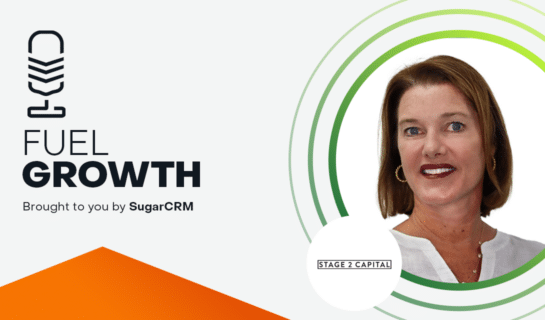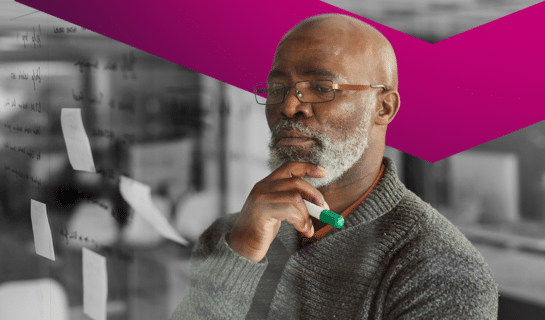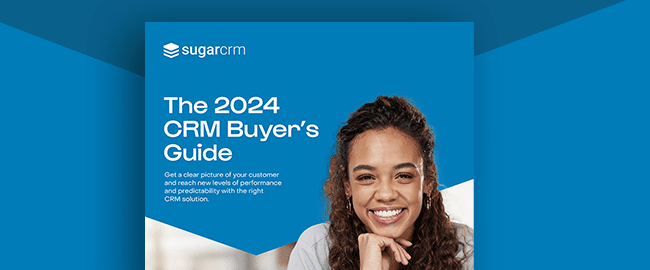
Fuel Growth Podcast: Breaking Barriers in B2B Sales
Learn how you can unleash growth for your organization with the right sales leadership and strategies in our latest fuel growth podcast episode.
Sales
7 min read
Editor's Picks
Marketing
Marketing for Manufacturers: 6 Ways to Make the Most of Your Resources
Manufacturers are key players in the economy and should have a marketing presence. Here are 6 tips and investments that every manufacturer should make.
Marketing
5 min read



Want to Supercharge Your Business? Here Are 5 Tips for Your B2B Marketing Strategy
Marketing
5 min read

Fuel Growth Podcast: Finding the Winning Self-Service Secret with Esben Friis-Jensen, Userflow
Sales
Fuel Growth Podcast: Breaking Barriers in B2B Sales
Learn how you can unleash growth for your organization with the right sales leadership and strategies in our latest fuel growth podcast episode.
Sales
7 min read

Ebook
2024 CRM Buyer's Guide
Learn how choosing the right CRM can lead sales leadership to create greater visibility.
Customer Service & CX
Building Success: Sales and Customer Engagement Strategies for Manufacturers using CRM
Learn the best strategies to leverage CRM to boost sales and customer engagement strategies for manufacturers.
Customer Service & CX
9 min read
Build Your Perfect CRM: 9 Capabilities and Functions Your CRM Needs to Have
Customer Service & CX
9 min read
The latest
Sales Automation Redefined: Creative Foam Is Securing a Better Market Position With Sugar Sell
Customer Story
5 min read
Sign up for the newsletter.
We're committed to your privacy. SugarCRM uses the information you provide to us to contact you about our relevant content, products, and services. You may unsubscribe from these communications at any time. For more information, check out our privacy policy.












